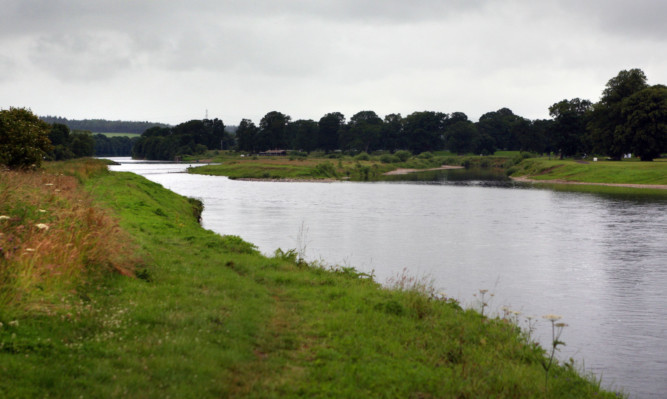A bid to harness “green” energy from the River Tay at Perth has moved a step closer.
Perth and Kinross Council has made a successful application to the Scottish Government’s Local Energy Challenge Fund which has released a £20,000 contribution towards the feasibility stage of the River Tay Heat Pump and District Heating Network Project.
The initiative aims to demonstrate that it is possible to safely use water heat pumps to capture renewable energy from an ecologically sensitive river such as the Tay without damaging wildlife.
This would be used to create a system which will supply heat to buildings adjacent to the river, including council buildings and houses.
Natural gas boilers will provide top-up heating during times of peak demand, allowing the network to meet the total heat demand of the connected buildings.
Thermal stores will be used to hold heat energy produced by the pumps during times of lower heat demand and some of the energy will be stored in the network itself.
Enterprise and infrastructure committee convener John Kellas, left, said: “I would like to congratulate the project team on their successful local energy challenge fund bid.
“The River Tay Heat Pump and District Heating Network project will demonstrate the value and benefit of local low-carbon energy economies.
“This initiative will trial an economic and sustainable approach linking local energy generation to local energy use which we believe will create more local value and benefit to residents of Perth and Kinross.”
Launched a year ago by the Scottish Government, the Local Energy Challenge Fund totals £20 million.
Partnerships including local authorities, community groups, charities, housing associations, universities and businesses were encouraged to apply in order to set up low-carbon energy pilot projects in their areas.
If the proposal comes to fruition it will follow in the footsteps of previous imaginative projects which used the asset on their doorstep.
Perhaps one of the most famous, and one of the country’s best-preserved relics of the 18th Century Industrial Revolution, is Stanley Mills.
